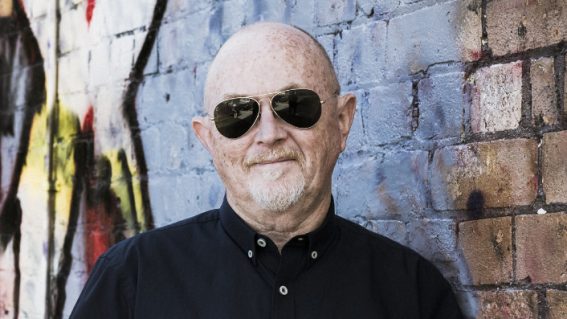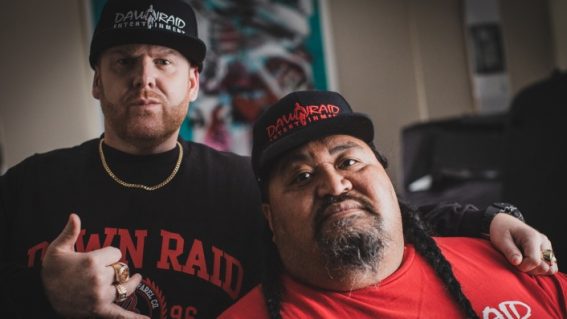SIX60 doco is a mostly convincing underdog story about a music phenomenon
No matter how you feel about SIX60, Till The Lights Go Out should instill some warm national pride.

SIX60: Till the Lights Go Out details the stadium-fillers’ ups and downs on the path to success in a feature-length documentary by Julia Parnell (The Chills: The Triumph and Tragedy of Martin Phillipps).
It’s a film with a lot of heart, and as Daniel Rutledge writes, no matter how you feel about SIX60, getting an understanding of their achievements along with an understanding of where they all came from is sure to instill some warm national pride in most viewers.
No one can deny just what a phenomenon SIX60 is in New Zealand. Despite always being considered uncool by the country’s snobby critics and media commentators, they’ve won the hearts of the mainstream and are now the undisputed champions of the local music scene who will never have their biggest record to date taken away from them—being the first Kiwis ever to sell out the iconic Western Springs Stadium.
See also:
* All moves now playing
* All new streaming movies & series
That monumental feat makes for a great intro to documentary SIX60: Till the Lights Go Out and it’s that event it keeps coming back to, over and over. And fair enough, it is crazily epic and filmed beautifully. Anchoring the film around that adds to the formulaic feel, just as the Madison Square Garden gig did in fellow mid-career music doco Justin Bieber: Never Say Never.
But being a bit paint-by-numbers in no way means it doesn’t have heart. It has a lot.
It’s fascinating seeing the early days of the band and hearing recollections of the haphazard, boozy start of it all. This version of events is quite different from the clinically calculated success SIX60 has been accused of un-artistically manufacturing by various media commentators over the years.
There’s also a quintessentially Kiwi feel to it all, with a lot of te ao Māori, a lot of rugby, a lot of Otago Uni student hijinks, and even some heartland farming all rightfully a part of this story. No matter how you feel about SIX60, getting an understanding of their achievements along with an understanding of where they all came from is sure to instill some warm national pride in most viewers.
When the film starts to falter more frequently is in the second half, where the obligatory conflict and drama has to happen in a music doco. For SIX60 that means signing to a major German record label, before becoming miserable and the deal falling apart, then signing with Capitol Records in the US, before becoming miserable and the deal falling apart. There’s also apparently a series of falling outs within the group, with a moody frontman Matiu Walters even considering going solo at one point.
But none of these conflicts or record deals falling apart have many details fleshing them out, despite perhaps too much time spent wallowing in them. It’s partly due to the storytelling method—relying solely on brief interview snippets instead of something like narration—but one only gets a rough idea of this crucial part of the band’s story, rather than a full comprehension.
It’s definitely enough to know the SIX60 journey has not all been smooth sailing with some major hurdles along the way. The grassroots, DIY way they found success, even the very fact that they’re still considered uncool by many, it all adds up to a mostly convincing underdog story about some everyman Kiwi musos who have done astonishingly well. Anyone interested in New Zealand pop culture should check it out.
























